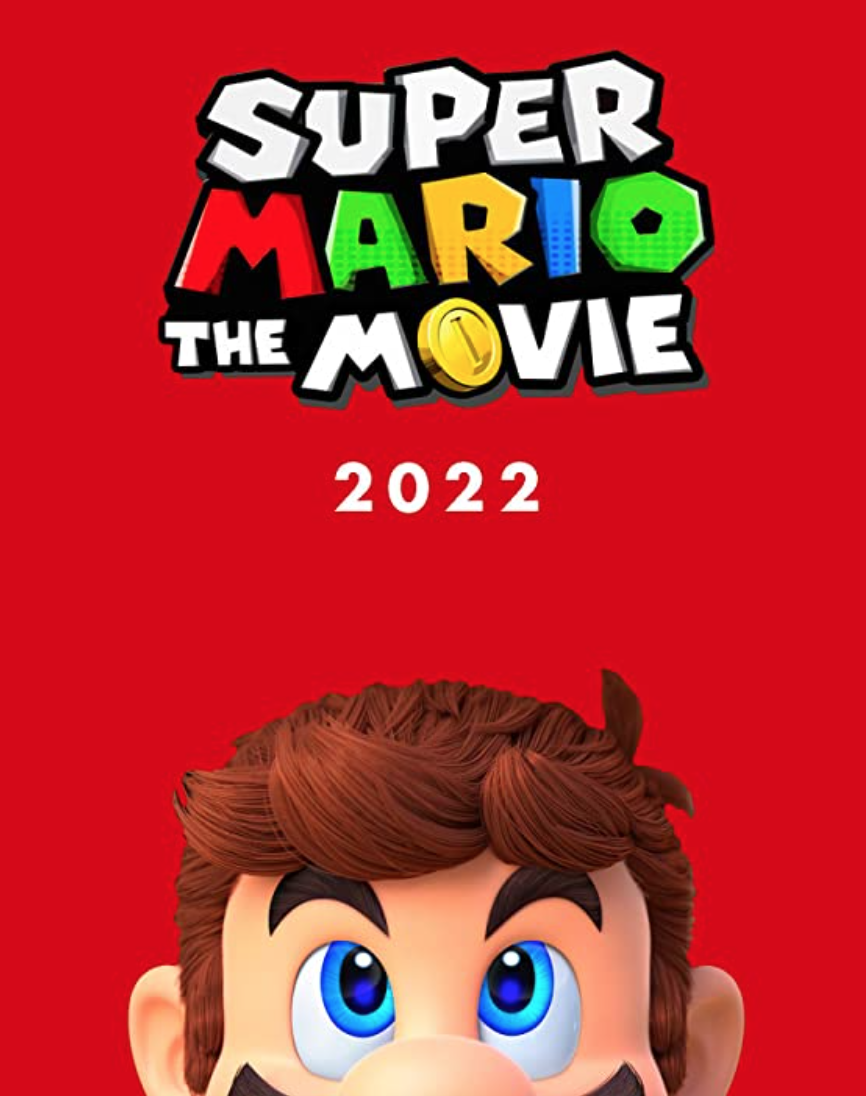In a series called Mondo Bullshittio, let’s talk about some of the most glaring hypocrisies and faux pas in pop culture… and all that it affects.
Of all the things to get upset about when it comes to the various atrocities of Italian representation in pop culture and the media, Super Mario Bros. probably takes about the least priority. Not only because, for starters, it’s Japanese, but because it’s among the most affronting pieces of mainstream “Italian” fare (apart from, soon enough, Lady Gaga and co. in House of Gucci). So why, of all instances, would the public choose to get up in arms about the “accurate” voice casting of the lead characters in the upcoming Super Mario Bros. movie when it’s simply not relevant as an “Italian story”? For one, it didn’t seem to be a source of contention when Elon Musk played Wario in a recent SNL sketch. For another, it was actually less insulting when no one was concerned with “accurate” voice accents for a project of this nature. Because, for the public to be more concerned with “real” Italians (ones they deem to be Robert De Niro and Al Pacino) lending their talent to the world of Mario, well, it’s really quite telling of just how far gone the perception of what “Italian” is—especially in America—has gotten.
Upon news of Super Mario: The Movie featuring Chris Pratt as Mario, Charlie Day as Luigi and Anya Taylor-Joy as Princess Peach, “jocular” comments in reference to the casting choices included, “Modern [Italian] stories are told so rarely and even when they are we’re not the ones telling them” and “Chris Pratt playing Mario is Italiaphobia and I’m tired of acting like it isn’t.” Hilarious. Fucking hysterical. Luckily for those who are Italian, the video game doesn’t register on the same pop cultural Richter scale as it does for Americans. Americans that, rather than boycotting the use of foul accents continuing the stereotype of a phrase like, “It’s-a me! Wario,” would prefer to make little quips about the injustice of casting in a movie that doesn’t even star real people (this being heightened by computer animation), nor does it have any bearing whatsoever on Italian culture in the first place.
After the video game’s invention by Shigeru Miyamoto and Gunpei Yokoi in 1983 (then just called Mario Bros. before becoming Super Mario Bros. in ‘85), the “culture” of what can best be referred to as “East Coast Italianism” meant that the common stereotype of what an “Italian’s” profession was inferred being a plumber. That is, when they weren’t mafiosi posing as construction workers—that would have been the second-best stereotype for the characters. And yet, Miyamoto and Yokoi were “kind” enough to essentially stop there with regard to further perpetuating damaging Italian cliches.
By the same token, of course, this isn’t to say that Italians themselves haven’t long been guilty of employing racist stereotypes, particularly of Asians—so perhaps there was something to this almost retaliative form of representation on the part of the Japanese video game industry’s part. Or maybe living in the time of baby boomer youth was simply made for those who didn’t bat an eyelash at such things. In any event, Miyamoto and Yokoi, at the very least, stopped short of making the game replete with “Level Ups” that pertained to the consumption of pizza or meatballs.
The iconography of the video game, instead, favored the use of gold coins, turtle shells and fireballs even in its most germinal phase. Mercifully, offensive catch phrases (something in the vein of, “Taste-a my lasagna!”) were never implemented in an uber overpowering manner, even in the early days of the video game. Yet the premise of the entire universe is centered on the trope of Mario and Luigi being “New York plumbers” somehow being the sole parties tasked with investigating the strange creatures that have been emerging from the sewers (otherwise known as: just another day in NYC).
While some are still “unclear” on whether or not the likes of Chris Pratt and the rest of the cast (which also includes Jack Black and Keegan-Michael Key) will be making the attempt at an “Italian accent” in a hopelessly American lilt, it goes without saying that the production might end up outshining House of Gucci for the Most Offensive Interpretation of Italians Speaking English Hall of Fame. And yet, what else is to be expected when no self-respecting Italian (read: not “Italian-American,” typically meaning something like a sixth-generation Long Islander) would touch this project?






















